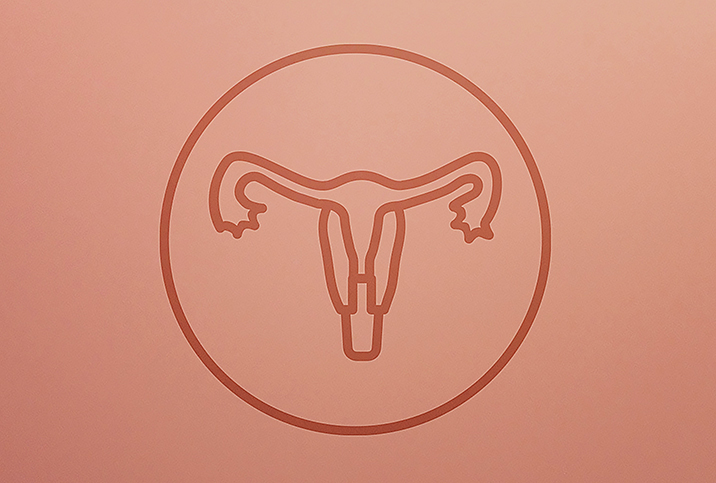Pap Smears: Myths & Misconceptions

The American Cancer Society estimates that 14,480 new cases of invasive cervical cancer will be diagnosed in 2021, but myths about Pap smears prevent many women from being screened for this potentially fatal disease.
Here are common myths and misconceptions about Pap smears, debunked, to help you make more informed decisions about your health.
Myth: Pap smears are useless after I get the HPV vaccine.
Reality: Human papillomavirus (HPV) is only one potential cause of cervical cancer; therefore, receiving the HPV vaccine doesn’t entirely protect you from cervical cancer. Other risk factors include smoking and a weakened immune system, according to the Centers for Disease Control and Prevention (CDC). If you have had the HPV vaccine, it’s important that you continue to visit your doctor and receive routine Pap smears for the detection of cervical cancer and other abnormalities.
Myth: Pap smears are painful.
Reality: While it’s true that Pap smears may cause discomfort, the procedure isn’t normally painful and usually lasts only a few minutes. Typically, the only discomfort is from the speculum that stretches your vaginal opening, not from the doctor collecting cervical cells with a swab. You can practice deep breathing to minimize discomfort and relax the muscles between your legs; your doctor can give you tips on how to do this.
Myth: Pap smears can detect all STIs and gynecologic cancers.
Reality: Pap smears can detect only abnormalities related to cervical cancer; they cannot detect sexually transmitted infections (STIs) and other gynecologic cancers, including ovarian cancer and fallopian cancer. If your Pap smear results come back as normal, it only means that the lab technicians did not detect signs of cervical cancer. Ask your doctor about other screenings and tests if you are concerned you may have an STI or different cancer.
Myth: Pap smears are unnecessary if I don’t have symptoms.
Reality: Most cases of cervical cancer do not show symptoms, which makes regular Pap smears critical to the detection of cancer, so you can receive treatment as early as possible if needed. According to the National Library of Medicine, any symptoms of cervical cancer that do occur may include abnormal vaginal bleeding between periods or after sexual intercourse, ongoing vaginal discharge that doesn’t stop, and periods that are heavier or longer in duration than usual. Regardless of whether you think your vaginal and cervical health are normal based on the absence of symptoms, you should continue receiving regular Pap smears to ensure you stay in good health.
Myth: Abnormal Pap smear results mean I have cancer.
Reality: HPV is the most common cause of abnormal Pap smear results, as HPV causes abnormal changes in cells. Therefore, abnormal Pap results don’t always indicate cancer and may indicate the presence of HPV or another infection caused by yeast or bacteria, according to the University of Michigan. So, if your Pap smear results come back as abnormal, don’t panic. Instead, talk to your doctor about the next steps you can take to rule out cancer. Your doctor may suggest a few choices: returning for another Pap smear in six months or undergoing a colposcopy or an HPV test to determine why you have cell abnormalities.
The CDC reports that only 69 percent of women in the United States have had a Pap smear within the past three years. If you are still hesitant or unsure about the benefits of having a Pap smear, ask your doctor for more information and about other steps you can take to reduce your risk of cervical cancer.

















